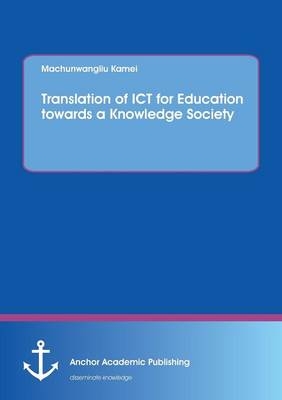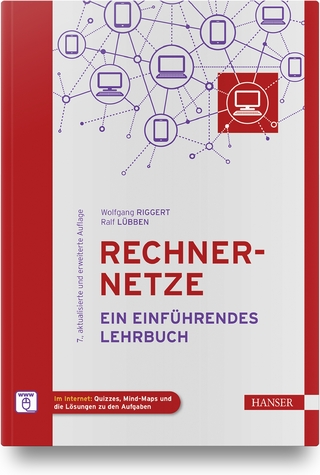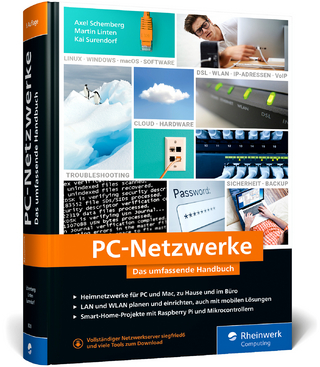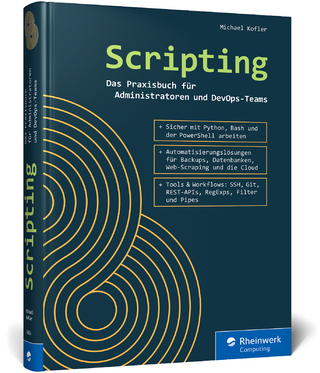
Translation of ICT for Education towards a Knowledge Society
Anchor Academic Publishing (Verlag)
978-3-96067-039-1 (ISBN)
'Text sample:
Chapter 4 ICT for Education (ICT4E) Translation in Tezpur University:
[...].
Translation of ICT Funding:
In TZU the senior ICT leader reports to Vice- chancellor, Chief Finance officer and other administrative officer. The senior ICT leader is not a member of the institutional committee that develops the annual operating budget. All revenues are collected centrally and expenses are allocated to each department. Following the engagement of the key actants and translation of their interests into visions, objectives, plans and roles in the interassesment process (Callon, 1986) revealed that the senior ICT leader does not have much influence on expenditure decisions for data communications, desktop computing, networks within campus buildings, expenditure decision for instructional technologies, expenditure decisions for academic/research technologies, and expenditure decisions for web support services. In the last FY, the institution's approximate central ICT budget amounted to 10% of the total budget allocation. The approximate percent change in the size of the institution's central ICT operating budget in the past 3 years is starting at 15%.
Translation of the actors also showed that there has been no significant decline in central ICT budget since FY01 nor is any decline in the institution's level of one-time investment in technology foreseen in the next three years. The institution has made significantly higher levels of one-time investments in technology in the three fiscal years prior to the year 2000 than in the last three fiscal years. Largest one-time investments during the period of last three years have been made in academic/research computing, administrative systems, data center/computer operations, desktop/user support services, ICT security, network services and web development/hosting. The most important investments have been for academic/research computing, administrative systems and data center/computer operations. Second in list are investments on desktop/user support services, ICT security, network services, web development/hosting. Investments on instructional technologies, media services, print services and telephone services have been less important. The fastest growing components of the ICT budget in the last three years have been hardware purchases, network equipment, software purchases, hardware and software maintenance contracts and staff training. According to the administration, the fastest growing component of the ICT budget in the next three years will be same as above.
Approximately 10% of FY central ICT budget is committed to contractual payments to vendors to support and maintain existing technologies. According to the Finance Section, the central ICT budget contains adequate funds to maintain critical ICT operations reliably, to keep current with vendor mandated upgrades, to research and experiment with emerging technologies, to respond to new user needs and interests, to implement the institution's stated strategy for technology. The base ICT operating budget always increases sufficiently to maintain new technology. The budget allocated to technology once it has been implemented, is maintained through separate annual budget request and included in the project budget. The cost of major upgrades to vended software is funded from existing ICT operating budget, funds obtained via the normal ICT project funding process and from specific funds set-aside for this purpose. 5% of ICT budget is viewed as a fixed cost (e.g., committed to full time employee compensation, multi-year contractual commitments or other expenses that would be difficult to discontinue in less than one year). TZU is pursuing an explicit strategy to increase the flexibility of the ICT budget by moving more costs from fixed to variable. Remaining budget balances are fully carried over into the next fiscal year. Reallocation
| Erscheinungsdatum | 18.06.2016 |
|---|---|
| Sprache | englisch |
| Maße | 155 x 220 mm |
| Gewicht | 405 g |
| Themenwelt | Mathematik / Informatik ► Informatik ► Netzwerke |
| Sozialwissenschaften ► Kommunikation / Medien | |
| Schlagworte | Case study • education in India • Education initiative • ICT4E • Indian Education Policy • Information communication technologies • Knowledge • National education policy • Tezpur University • University of Hyderabad |
| ISBN-10 | 3-96067-039-7 / 3960670397 |
| ISBN-13 | 978-3-96067-039-1 / 9783960670391 |
| Zustand | Neuware |
| Haben Sie eine Frage zum Produkt? |
aus dem Bereich


